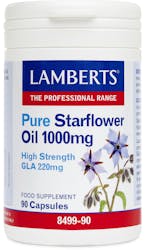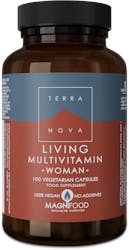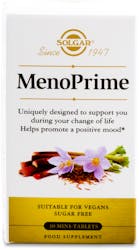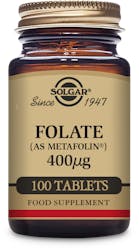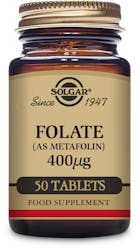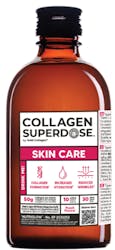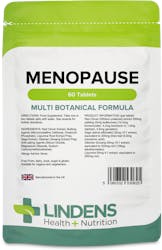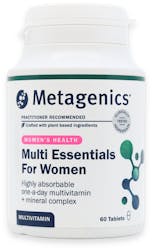Women’s Health
131 products
Supplementing for women is important due to several physiological, nutritional, and lifestyle factors unique to women.
More about women’s health
Here are some key reasons:
- Bone Health. Women are at higher risk of osteoporosis, especially post-menopause, due to lower estrogen levels which affect bone density. Supplementing with calcium and vitamin D is crucial for maintaining bone health.
- Reproductive Health. Folic Acid is essential for women of childbearing age to prevent neural tube defects in developing fetuses. It is particularly important for those planning to become pregnant or who are pregnant. Women of reproductive age need more iron due to menstrual blood loss, and iron supplements can help prevent anaemia.
- Hormonal Changes. Monthly menstrual cycles can lead to fluctuations in energy levels and nutrient needs. Supplements such as iron, magnesium, and B vitamins can help manage these changes. Post-menopausal women might benefit from supplements like vitamin D, calcium, and phytoestrogens to manage symptoms and prevent long-term health issues like osteoporosis.
- Pregnancy and Breastfeeding During pregnancy, the demand for nutrients increases to support fetal development. Prenatal vitamins containing folic acid, iron, DHA, and other essential nutrients are important. Breastfeeding mothers have increased nutritional needs that can be met with postnatal supplements to ensure both mother and baby are healthy.
- Overall Health and Well-being A good multivitamin can fill in nutritional gaps and ensure women get a balanced intake of essential vitamins and minerals. Supplements like biotin, collagen, and zinc can support the health and appearance of skin, hair, and nails.
- Mental Health Nutrients such as omega-3 fatty acids, B vitamins, and magnesium play roles in mental health and can help manage stress, anxiety, and depression.
Supplementing is important for women to address specific nutritional needs and health concerns, ensure overall well-being, and manage life stage transitions effectively. However, it's essential for women to consult healthcare professionals before starting any supplement regimen to tailor it to their individual needs and avoid potential interactions with medications or health conditions.



